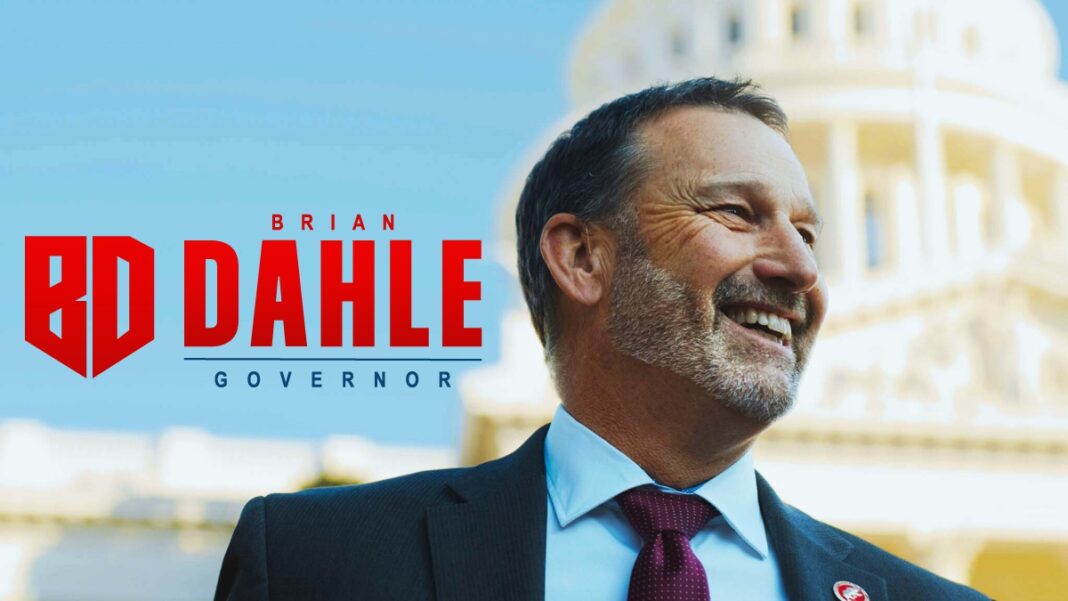Learn to protect your online privacy and guard your digital freedoms against corporate and government surveillance. These are easy to follow tutorials and reviews of privacy concerned software and open source alternatives to mainstream surveillance products.
Techlore’s Go Incognito tutorial series:
How to be anonymous on the web
Master uBlock Origin in advanced mode
Important Sources and Software
Good intro into security approaches and compartmentalization
The three approaches to computer security
Recommended Software
Tor Browser
Tor for iOS
Onion Browser
Orbot on Android
Firefox Addons
uBlock Origin
Dynamic filtering: quick guide
Cookie AutoDelete
HTTPS Everywhere
Decentraleyes
F-Droid
Firefox Klar
Advanced Email for Android
Gmail
Automatically forward Gmail messages to another account
How To Run A Rogue Government Twitter Account With An Anonymous Email Address And A Burner Phone
Privacy by compartmentalization is very simple. You will create virtual compartments where you concentrate carefully separated pools of data. Each compartment will revolve around a different sphere of your identity.
The more security you want, the stronger walls between your compartments you’ll build.
- The first compartment is for your professional identity to separate your business email and work related activity from the rest of your online presence.
- The second compartment is for your social media so that you keep those advertising giants away from your digital life outside of their platforms.
- The third compartment is for your private identity where most of your light browsing, news reading, watching YouTube and making online purchases happen.
When you become familiar with this practice, you can build more compartments.
The footage and images featured in the video were for critical analysis, commentary and parody, which are protected under the Fair Use laws of the United States Copyright act of 1976.






